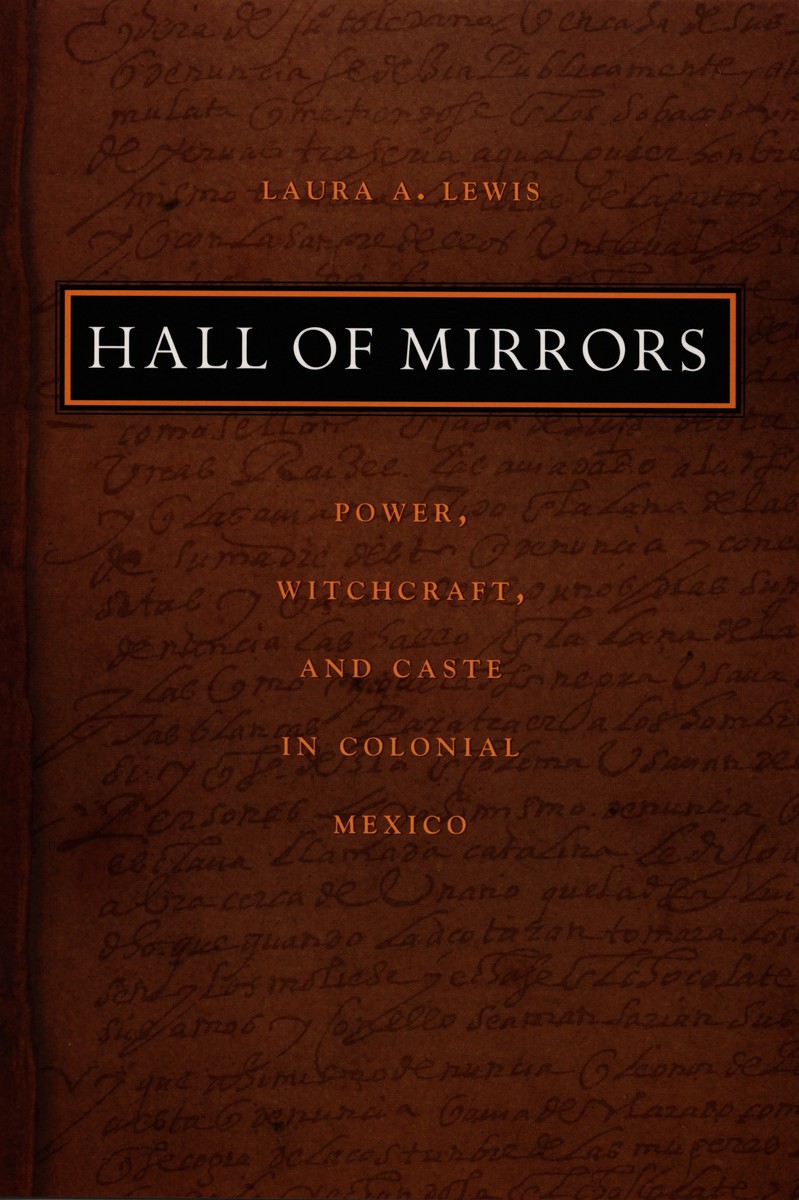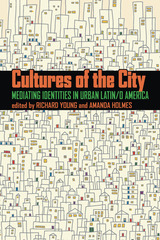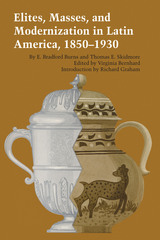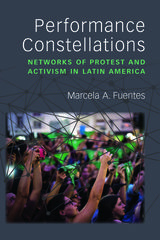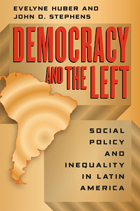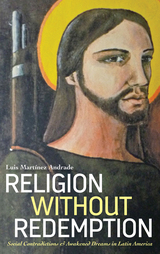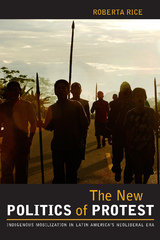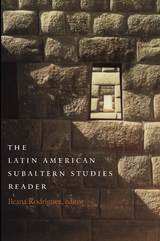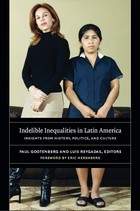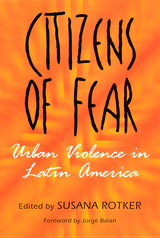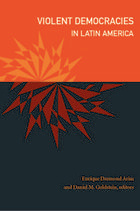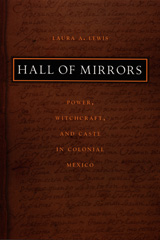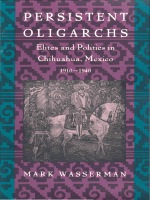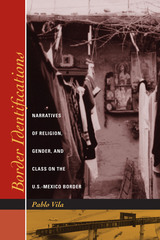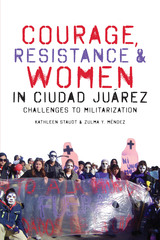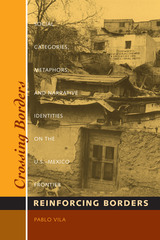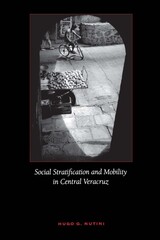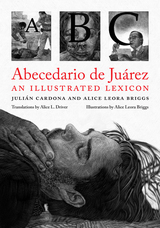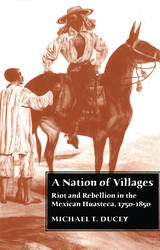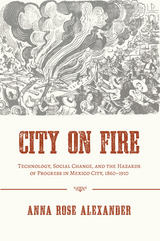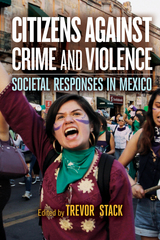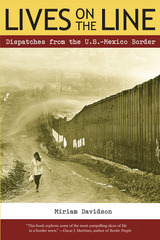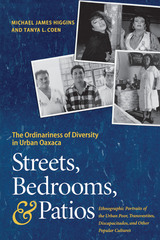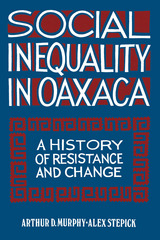eISBN: 978-0-8223-8515-8 | Cloth: 978-0-8223-3111-7 | Paper: 978-0-8223-3147-6
Library of Congress Classification HN113.L48 2003
Dewey Decimal Classification 306.0972
Using judicial records from a variety of colonial courts, Lewis highlights the ethnographic details of legal proceedings as she demonstrates how Indians, in particular, came to be the masters of witchcraft, a domain of power that drew on gendered and hegemonic caste distinctions to complicate the colonial hierarchy. She also reveals the ways in which blacks, mulattoes, and mestizos mediated between Spaniards and Indians, alternatively reinforcing Spanish authority and challenging it through alliances with Indians. Bringing to life colonial subjects as they testified about their experiences, Hall of Mirrors discloses a series of contradictions that complicate easy distinctions between subalterns and elites, resistance and power.
See other books on: Mignolo, Walter D. | Power (Social sciences) | Saldívar-Hull, Sonia | Silverblatt, Irene | Witchcraft
See other titles from Duke University Press
